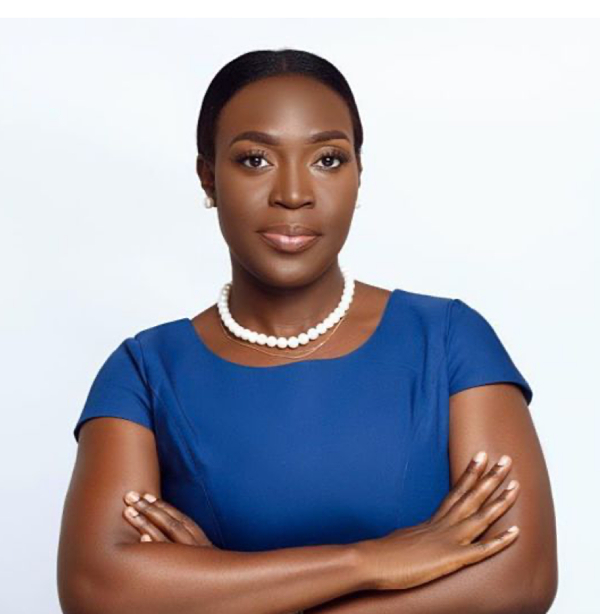The UN General Assembly in 2007 adopted 2nd April as World Autism Awareness Day, thus, we must shine a light on the challenges and various barriers and hurdles people on the autism spectrum are faced with in society, in schools, workplaces and in the community at large. It is also a day and month set aside primarily to promote acceptance and commemorate inspiring achievements of persons with Autism.
Autism Spectrum Disorder is defined by the National Institutes of health as a neurological and developmental disorder that affects how people interact with others, communicate, learn and behave.
According to the World Health Organization, 1 in 100 children has autism and while some children with autism can live independently, others have severe disabilities and require lifelong care and support. In 2023 CDC reported that 1 in 36 children in the U.S have been diagnosed with Autism, this has risen from the previous rate of 1 in 44 children. This year’s theme “Advancing Neurodiversity and the UN Sustainable Development Goals (SDGs)”, highlights the intrinsic link between neurodiversity and achieving global sustainability.
It amplifies how implementing inclusive policies and practices is not only beneficial for autistic individuals worldwide but is also a catalyst for realizing the SDGs. Throughout the month, global experts, policymakers, and autistic voices have engaged in keynote presentations, interactive panels, and collaborative sessions, with a focus on developing actionable strategies for integrating neurodiversity into policies that drive accessibility, equality, and innovation across various sectors, including inclusive healthcare, quality education, employment opportunities, the reduction of inequalities, and the development of autism-friendly urban environments and communities.
In alignment with the global focus on actionable strategies for neurodiversity and inclusion discussed, Ghana must prioritize critical reforms within its educational and health policies. To effectively support individuals on the autism spectrum and foster an inclusive society, a fundamental review of these existing policies is paramount. This review must lead to policy reforms that mandate comprehensive training for health workers and early years educators in the early identification of autism indicators and communication delays.
To further strengthen support systems in Ghana, all early childhood development centers and basic schools should be mandated to have a teacher specifically trained in autism to provide tailored assistance to children on the spectrum.
To ensure that essential interventions are affordable for parents, a key recommendation is for the National Health Insurance Scheme to absorb a significant percentage of the costs associated with speech, occupational and behavorial therapy. Furthermore, institutions should actively promote inclusive workplaces by employing neurodivergent individuals in mainstream roles.
Ultimately, the primary challenge faced by many individuals on the autism spectrum is a lack of societal awareness, leading to misunderstanding. This neurological difference should not result in ostracization or shunning but rather in complete integration into our communities. While acknowledging that significant progress is still required in our society, every individual can contribute to building a more sensitive, understanding, and accommodating society for neurodivergent individuals.
As we draw the curtain on Autism awareness month let us all reaffirm our commitment to building a society where individuals with autism live without fear of exploitation, free from judgment and discrimination, and are fully included with the necessary support to thrive and realise their full potential.
Dakoa Newman
Disability Rights and Inclusivity Advocate
Former Member of Parliament, Okaikwei South
Former Minister for Gender, Children and Social Protection


